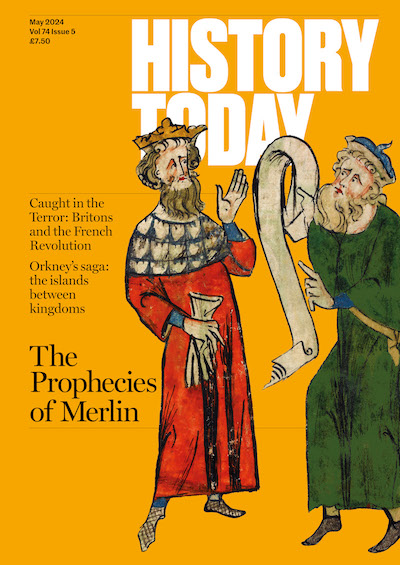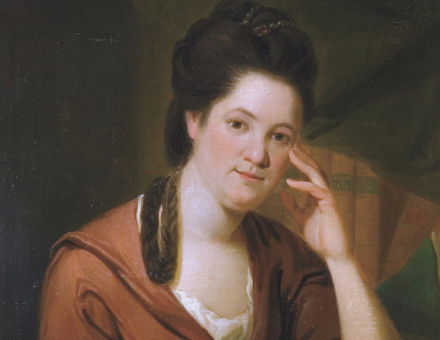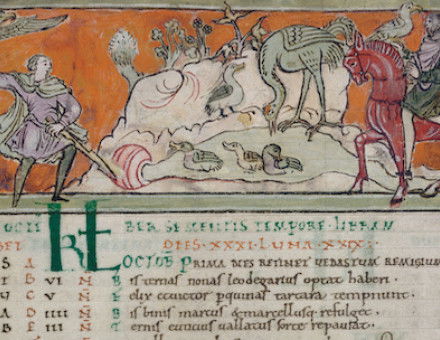The French Encyclopedia of 1751
R.V. Sampson charts the philosophical battles that the philosophes fought to publish their Enlightenment masterwork of human knowledge.
“I am at ease with myself only when I am doing my duty,” wrote Diderot in 1760; and it is a characteristic of the man and his age that he entertained few doubts as to where his duty lay. During the course of a long life, his sense of duty found expression in a prolific literary output; but his greatest and most lasting monument is beyond doubt the famous Encyclopedia, the first volume of which made its appearance just over two hundred years ago. Its seventeen massive, stoutly bound folio volumes of letterpress, together with eleven volumes of lavishly illustrated plates, are nowadays seldom disturbed as they lie mouldering on the shelves of our larger libraries; for all works whose primary object is the dissemination, rather than the advancement, of knowledge are fated soon to be superseded. No one was more keenly aware of this than Diderot himself, who looked forward eagerly to the time when his great undertaking would have served its purpose.





